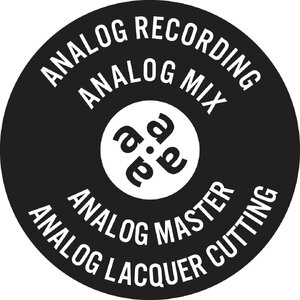He's not anti-vinyl, it's quite the opposite!
Yes the opening of the video, would suggest it's click bait but please persevere and watch it to the end but if this is too much for you, I have the transcript.
I think I have better luck dragging the mule to the well ha ha ha 🤣
Seriously, debate is always good (don't mention cables!), I learn a lot by listening to you!
Here's the transcript below.
After my previous video, in which I demonstrate how vinyl doesn't really sound warm or have a consistent particular "sound", I received many (often angry or rude) comments from people claiming I was wrong, despite the multiple comparisons I gave in the video. They continued to assert that vinyl sounds better than digital.
That my playback equipment was just not expensive enough and if I spent another $100,000 on gear I would get a better sound, despite the fact even the cheap spherical stylus sounded remarkably close to the digital master. Or that you just can't hear the magic of vinyl because the sources of my examples were all from digital masters; only completely analogue recordings unleash the magical quality of vinyl. It is therefore ironic, that most vinyl records that were cut after the late 70s went through at least one round trip of analogue to digital and digital to analogue conversion.
This is because a digital delay is almost always used in the cutting process in order to get better cuts. This was originally done with tape machines by modifying them by fitting a highly specialized preview deck for cutting vinyl records, and this is IMHO the best method if the original mixes were printed to tape and the mastering engineer is highly skilled and cuts using an AB split console. However, there are very few engineers capable of doing this and very few studios that actually (really) offer it, despite any marketing claims of "all analogue".
Many "all analogue" vinyl records still have this digital process because hardly anyone knows about it. The only way to be sure you are listening to "all analogue" music is to restrict your listening exclusively to music from before the 1970s, as digital recording was happening in the early 70s, digital editing in the mid 70s, and then towards the end of the 70s digital delays started to establish themselves as the new standard in vinyl record cutting racks. Any reissue of a record made in the 50s or 60s was probably recut from analogue tape using a digital delay process in the lathe, unless it was specifically mastered by one of the very few studios who genuinely offer all analogue cuts from tape, using preview deck modifications on their tape machines. To me, all of this purity is stupid anyway, seeing as digital is highly transparent and none of these all-analogue enthusiasts could pass an ABX test.


